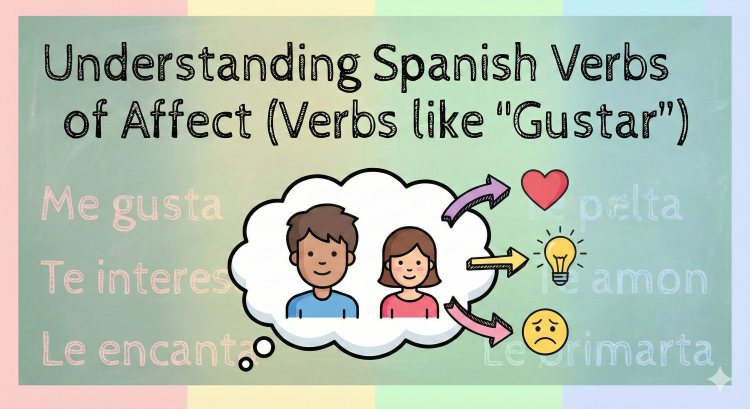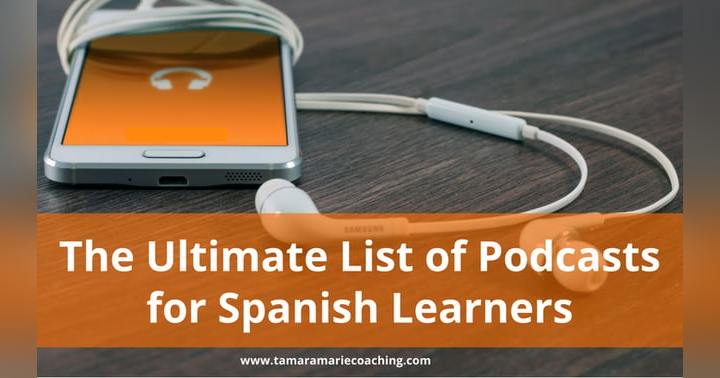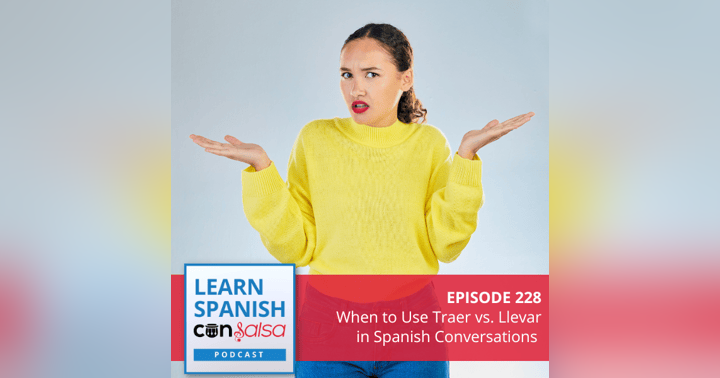Mastering Spanish Verbs of Affective Meaning (Like Gustar)

One of the first hurdles for English speakers learning Spanish is the verb gustar (to like). Its structure is different from English because it belongs to a special class of verbs. The grammatical name for these is verbs of affective meaning (or psychological verbs), because they express an emotional reaction to something.
How to Express "I Like" in Spanish
In English, we structure the sentence with the person as the subject.
-
I like the room.
-
Subject: I
-
Verb: like
-
Direct Object: the room
-
Spanish flips this structure on its head. The thing being liked is the subject, and the person who likes it is the indirect object. The idea is not that "I like the room," but that "The room is pleasing to me."
-
English: I like the room.
-
Spanish: Me gusta el cuarto. (Literally: The room is pleasing to me.)
Let's break down the Spanish sentence:
-
Me= to me (Indirect Object Pronoun) -
gusta= it is pleasing (Verb) -
el cuarto= the room (Subject)
Notice how the subject in English (I) becomes the indirect object in Spanish (me), and the direct object in English (the room) becomes the subject in Spanish (el cuarto). Thinking of it as "is pleasing to" instead of "like" is the key to getting it right.
Conjugation Made Easy: Only Two Forms You Need
Because the verb (gustar) must agree with the subject of the sentence (the thing being liked), you will almost always use only two forms: gusta and gustan.
-
Use gusta when the subject is singular or an infinitive verb.
-
Me gusta el libro. (I like the book.)
-
Te gusta bailar. (You like to dance.)
-
-
Use gustan when the subject is plural.
-
Nos gustan los libros. (We like the books.)
-
Les gustan las películas. (They like the movies.)
-
That’s it! The form of gustar depends only on what you like. It never changes based on the person who is doing the liking.
|
Singular Subject ( |
Plural Subject ( |
|---|---|
|
Me gusta la casa. |
Me gustan las casas. |
|
Te gusta el carro. |
Te gustan los carros. |
|
Le gusta la película. |
Le gustan las películas. |
|
Nos gusta el hotel. |
Nos gustan los hoteles. |
|
Les gusta el reloj. |
Les gustan los relojes. |
Adding Clarity and Emphasis: The "A" Phrases
You probably noticed a problem in the chart above. How do you know if Le gusta la película means "He likes the movie," "She likes the movie," or "You (formal) like the movie?" The same issue exists for les.
To solve this ambiguity, Spanish uses an optional (but often necessary) prepositional phrase at the beginning of the sentence for clarification.
-
A él le gusta la película. → He likes the movie.
-
A ella le gusta la película. → She likes the movie.
-
A ustedes les gustan los carros. → You all like the cars.
-
A ellos les gustan los carros. → They like the cars.
This same structure can also be used for emphasis, even when the meaning is already clear.
A Juan le gusta el café, pero a mí me gusta el té. (John likes coffee, but I like tea.)
Here are the clarifying/emphatic phrases that match each pronoun:
-
a mí + me
-
a ti + te
-
a él / a ella / a usted + le
-
a nosotros / a nosotras + nos
-
a ellos / a ellas / a ustedes + les
From Objects to People: Using Verbs of Affective Meaning
The same sentence structure applies when you are talking about liking or disliking people. The person being liked is the grammatical subject of the sentence. For expressing friendship or platonic liking, the verb caer bien is very common. For romantic interest, gustar is often used.
-
Me cae bien el nuevo profesor. (I like the new professor.)
-
¿Te gusto? (Do you like me? Literally: Am I pleasing to you?)
-
A mis padres les caen mal nuestros vecinos. (My parents dislike our neighbors.)
-
Le interesa mucho su compañero de clase. (She is very interested in her classmate.)
-
Nos molestan los turistas que gritan. (The tourists who shout bother us.)
How to Form the Negative
Forming the negative is simple: just place no directly before the indirect object pronoun (me, te, le, etc.).
-
Me gusta el libro. (I like the book.) → No me gusta el libro. (I don't like the book.)
-
A ella le encantan las sorpresas. (She loves surprises.) → A ella no le encantan las sorpresas. (She doesn't love surprises.)
Common Spanish Verbs of Affective Meaning
Many other Spanish verbs of affective meaning operate using the exact same logic as gustar. Once you've mastered gustar, you know how to use all of them.
|
Verb |
Meaning |
Example |
|---|---|---|
|
aburrir |
to bore |
Me aburre la película. (The movie bores me.) |
|
caer bien/mal |
to (not) get along with someone |
Me cae bien tu amigo. (I like your friend.) |
|
dar asco |
to be disgusting to, to loathe |
Le dan asco las arañas. (Spiders disgust him/her.) |
|
dar igual |
to be all the same, to not matter |
Nos da igual a dónde vamos. (It's all the same to us where we go.) |
|
disgustar |
to dislike, to upset |
Me disgustan tus comentarios. (Your comments upset me.) |
|
doler |
to hurt, to be painful |
Me duele la cabeza. (My head hurts.) |
|
encantar |
to love (something), to delight |
Les encanta la comida mexicana. (They love Mexican food.) |
|
faltar |
to be lacking, to be missing |
Te falta un lápiz. (You are missing a pencil.) |
|
fascinar |
to be fascinating to |
Me fascina la historia. (History fascinates me.) |
|
importar |
to be important to, to matter |
No me importa el dinero. (Money doesn't matter to me.) |
|
interesar |
to be interesting to |
¿Te interesa el arte? (Does art interest you?) |
|
molestar |
to bother, to annoy |
Le molesta el ruido. (The noise bothers him/her.) |
|
parecer |
to seem, to appear to be |
Me parece una buena idea. (It seems like a good idea to me.) |
|
quedar |
to be left over; to fit (clothing) |
Nos queda poco tiempo. (We have little time left.) |
|
volver loco |
to be crazy about |
Me vuelve loco el fútbol. (I'm crazy about soccer.) |
In Music: "Me Gustas Tú" 🎶
One of the best ways to see this grammar in action is through music. The song "Me Gustas Tú" by Manu Chao is a perfect, catchy example of gustar used over and over again.
'
Song Lyrics: "Me Gustas Tú"
(Que hora son, mi corazón?) - (What time is it, my love?)
Me gustan los aviones, me gustas tú. - I like airplanes, I like you.
Me gusta viajar, me gustas tú. - I like to travel, I like you.
Me gusta la mañana, me gustas tú. - I like the morning, I like you.
Me gusta el viento, me gustas tú. - I like the wind, I like you.
Me gusta soñar, me gustas tú. - I like to dream, I like you.
Me gusta la mar, me gustas tú. - I like the sea, I like you.
(Que voy a hacer? Je ne sais pas) - (What am I going to do? I don't know)
(Que voy a hacer? Je ne sais plus) - (What am I going to do? I don't know anymore)
(Que voy a hacer? Je suis perdu) - (What am I going to do? I am lost)
(Que hora son, mi corazón?) - (What time is it, my love?)
Me gusta la moto, me gustas tú. - I like the motorcycle, I like you.
Me gusta correr, me gustas tú. - I like to run, I like you.
Me gusta la lluvia, me gustas tú. - I like the rain, I like you.
Me gusta volver, me gustas tú. - I like to return, I like you.
Me gusta marijuana, me gustas tú. - I like marijuana, I like you.
Me gusta colombiana, me gustas tú. - I like Colombian (things/women), I like you.
(Que voy a hacer? Je ne sais pas)...
Me gusta la montaña, me gustas tú. - I like the mountain, I like you.
Me gusta la noche, me gustas tú. - I like the night, I like you.
Examples of "Gustar" in the Song
|
Spanish |
English |
|---|---|
|
Me gustan los aviones, me gustas tú. |
I like airplanes, I like you. |
|
Me gusta viajar, me gustas tú. |
I like to travel, I like you. |
|
Me gusta la mañana, me gustas tú. |
I like the morning, I like you. |
|
Me gusta el viento, me gustas tú. |
I like the wind, I like you. |
|
Me gusta soñar, me gustas tú. |
I like to dream, I like you. |
Notice how he uses gustan for the plural "aviones" but gusta for singular things like "la mañana" and for verbs like "viajar" and "soñar". It's a fantastic way to get the rhythm of this structure into your head.













